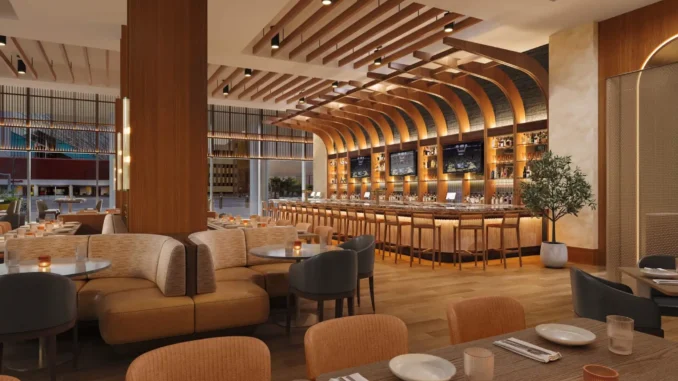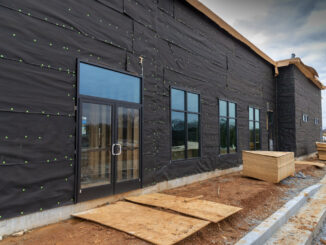
Preopening Restaurants Resource, a leading provider of early-stage restaurant development intelligence, has announced the results of a nationwide research survey highlighting the urgent need for technology solution providers and other suppliers to engage hotel food and beverage venues well before their official openings.
The study, which surveyed 220 restaurant owners, operators, and decision-makers—including those from hotel restaurants and cafés—uncovers key insights about how and when foundational vendor decisions are made in the preopening timeline. The results reinforce the critical importance of early outreach for technology vendors, F&B distributors, equipment manufacturers, and service providers targeting the hospitality space.
The online survey was conducted from May 6–24, 2025, and included professionals actively involved in launching or expanding restaurant operations. Respondents represented a mix of independent restaurants, regional groups, national chains, and hotel-based F&B venues across quick-service, fast-casual, and full-service categories.
Key Findings: Timing is Everything
According to the results, 71% of respondents initiate vendor and technology discussions more than 90 days prior to opening. In hotel environments, this often means that POS systems, reservation platforms, digital menus, kitchen equipment, and design services are finalized long before any public announcement or construction signage appears.
Importantly, 64% of respondents reported making vendor selections prior to announcing the project publicly. This has major implications for suppliers that rely on press coverage, brand announcements, or social media chatter to identify new business opportunities—they may already be too late.
Even more telling, over 76% of operators indicated they are unlikely to engage new vendors within 30 days of opening. The reasons cited include operational overload, training schedules, and execution focus. In the case of hotel restaurants and cafés, these pressures are often amplified by the need to coordinate with the larger hotel operation.
Suppliers Must Engage Earlier
The research also found that 83% of operators believe earlier supplier engagement leads to better outcomes, including more cohesive implementation, stronger vendor relationships, and smoother openings. Hotel-based F&B decision-makers cited benefits like tighter alignment with guest experience goals, integration with property management systems, and more strategic menu development.
Common preopening pain points included missed deadlines, poor communication, and a lack of visibility into early-stage supplier options. More than half of respondents said they lacked a centralized resource to identify and evaluate suppliers early in the development process.
Industry Trends Reinforce the Message
The survey findings echo other industry research. According to the National Restaurant Association’s 2024 Restaurant Technology Landscape Report, 60% of operators said they often regret not starting supplier conversations earlier. McKinsey & Company reports that early vendor integration can reduce project costs by as much as 25% by minimizing last-minute changes and avoiding operational delays.
Despite these insights, many suppliers continue to engage reactively—often after a hotel restaurant or café is already nearing its debut. This reactive model risks missing the opportunity entirely, especially in environments where corporate oversight or brand standards require advance approvals.
While the survey did not endorse specific products, the findings closely align with the mission of Preopening Restaurants Resource: to equip technology solution providers and other suppliers with verified intelligence about F&B projects during their earliest stages of development.
Subscribers to the service receive twice-weekly lead reports featuring restaurants and cafés—many inside hotels or hospitality properties—that are in development but not yet publicized. Reports include key details such as concept type, ownership group, decision-maker contact info, development phase, and estimated opening dates. Leads are sourced from building permits, licensing applications, real estate filings, and exclusive industry contacts.
For vendors serving the hotel sector, this early access can mean the difference between making the shortlist—or missing the window entirely.

